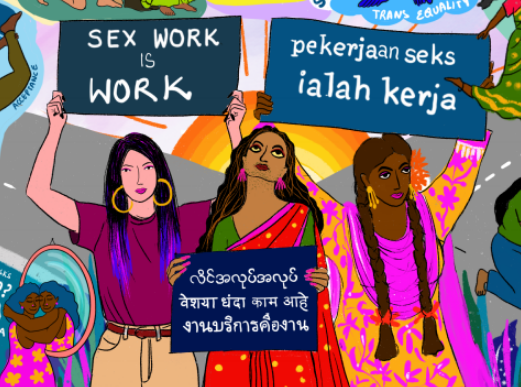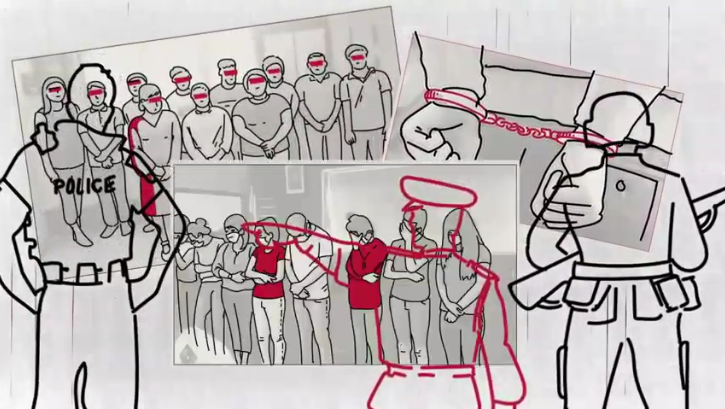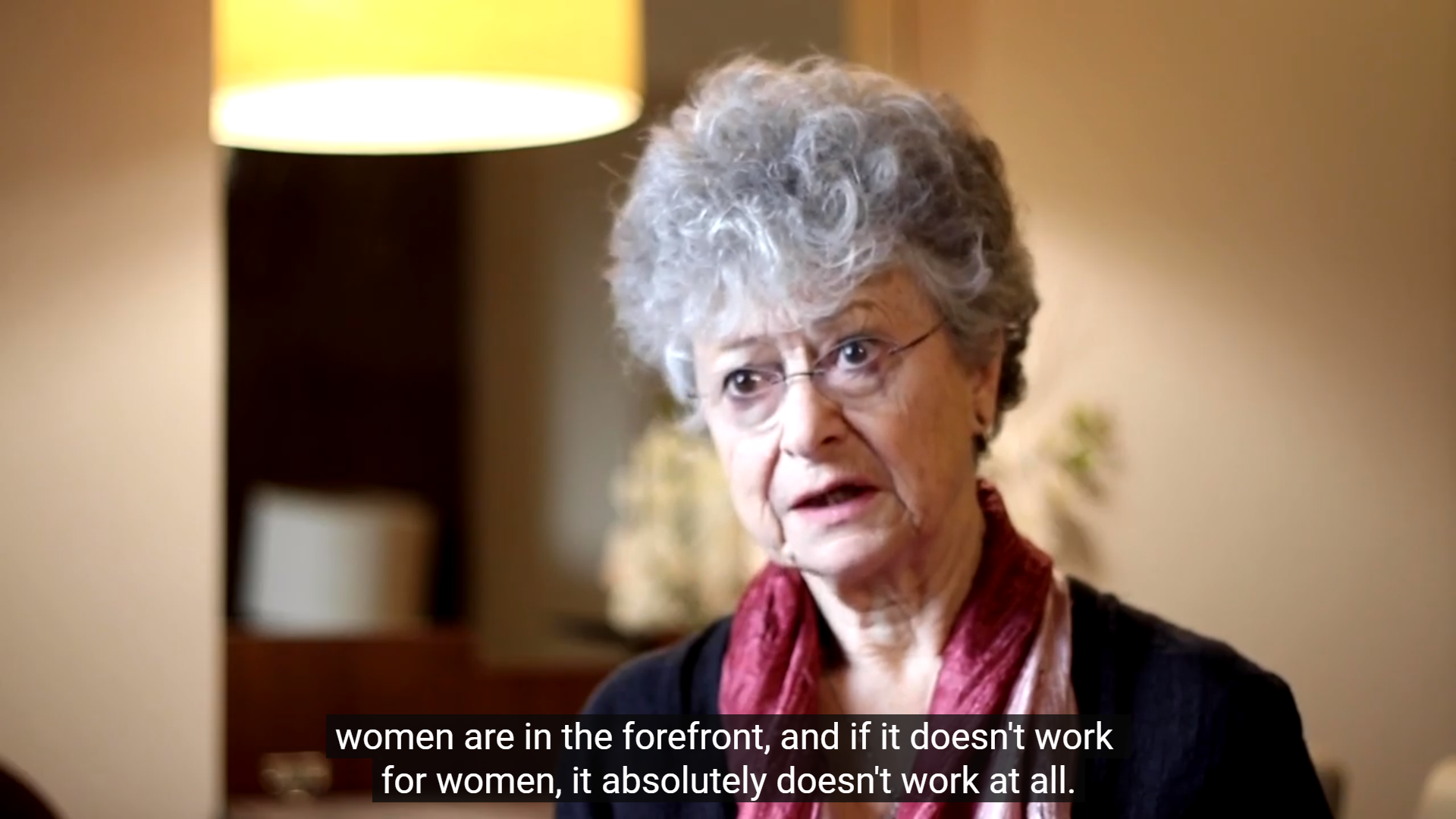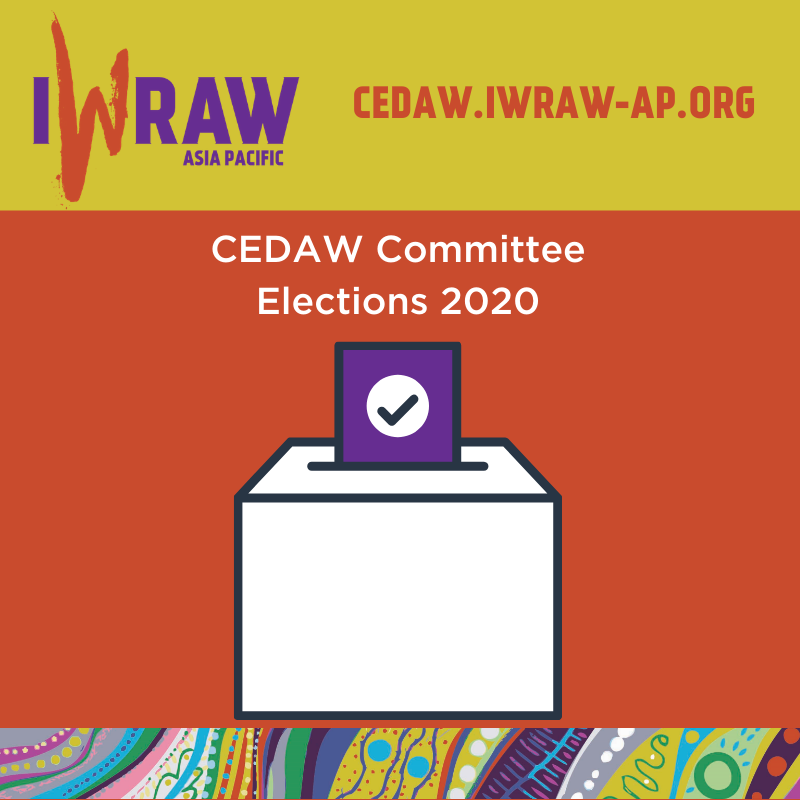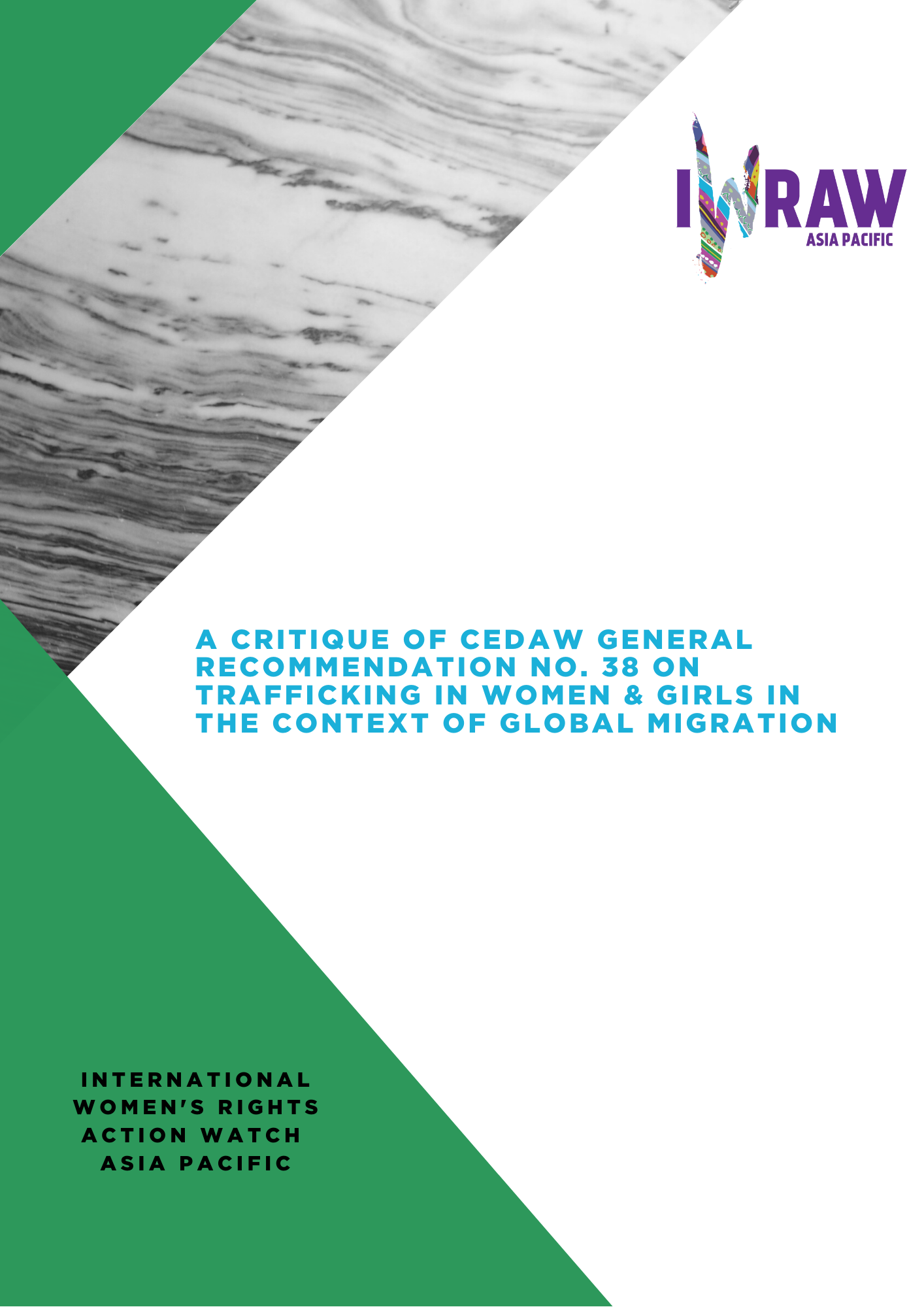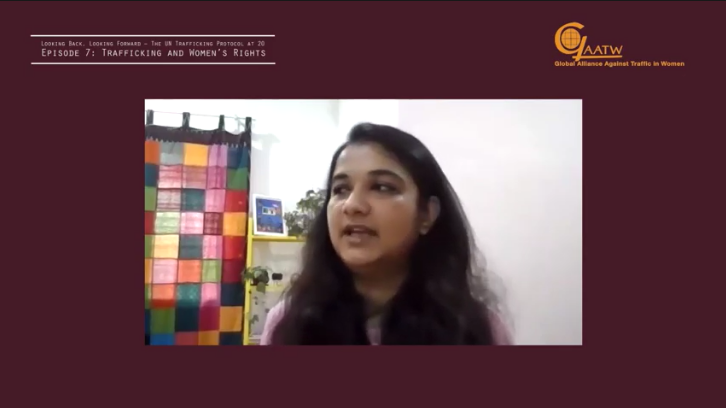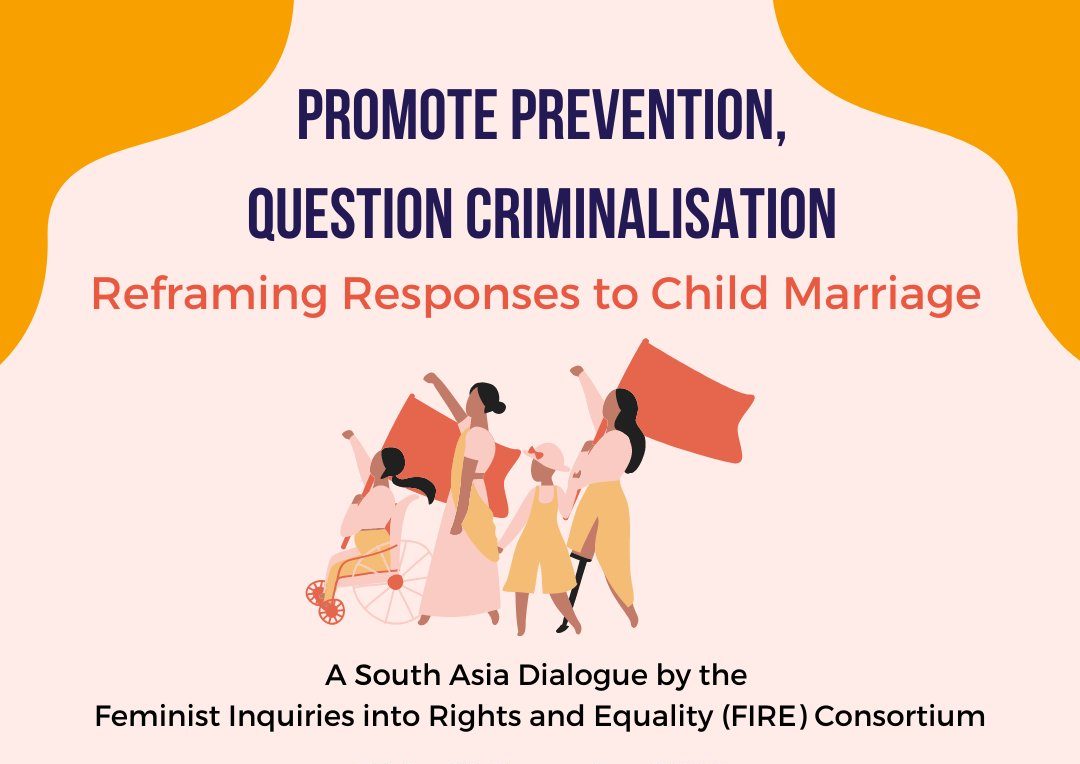CEDAW and Sex Workers’ Rights Advocacy: Past Reflections, Future Plans
April 2021
In March 2021, Asia Pacific Network of Sex Workers (APNSW) network members from eight countries in South and Southeast Asia shared their reflections of engaging with the project Forefronting our Agendas: Advocacy to Protect Sex Workers’ Rights Using CEDAW. IWRAW Asia Pacific was privileged to facilitate their engagement in CEDAW advocacy and activism over the […]
Read MoreCreating a Caring Economy: The role of IFIs and the CEDAW framework in transformative change
March 2021
At this Civil Society Policy Forum Session, panelists considered the international human rights obligations of the IMF and World Bank in relation to care work, particularly the role of migrant domestic workers in the global economy, exploring how reorienting toward a ‘caring economy’ contributes to long-term transformation. Video | Transcript
Read MoreDecriminalise Sex Work
March 2021
The full decriminalisation of sex work is recognised globally as being essential to ensuring the safety, security, and dignity of sex workers. In this video, members of the Asia Pacific Network of Sex Workers (APNSW) from various parts of South and Southeast Asia talk about the impact of criminalisation on the lives and rights of […]
Read More“If It Doesn’t Work for Women, It Absolutely Doesn’t Work at All”: Barbara Adams
February 2021
The private sector’s focus on profitability, governmental failure to properly tax the wealthy, and decisions on money allocation are all crucial factors affecting the Sustainable Development Goals. Ultimately, these impact gender equality and women’s rights. In this video, Barbara Adams of Global Policy Forum explains why the public sector is essential for achieving the SDGs, […]
Read MoreCEDAW Committee Elections Update 2021
February 2021
Following the CEDAW Committee elections held in November 2020, we break down the geographic representation among candidates and appointees, along with their number of terms. PDF | Word
Read MoreA Critique of CEDAW General Recommendation No. 38 on Trafficking in Women & Girls in the Context of Global Migration
January 2021
This document presents a substantive critique of CEDAW General Recommendation No. 38, grounded in intersectional feminist principles. Annotations made to the text of the General Recommendation highlight severe regression, ambiguous provisions, and progress. PDF | Word
Read MoreLooking Back, Looking Forward: Trafficking & Women’s Rights
December 2020
In this episode of the Global Alliance Against Traffic in Women (GAATW)’s series on the UN Trafficking Protocol and anti-trafficking work more broadly, Borislav Gerasimov and Sharmila Parmanand speak with IWRAW Asia Pacific programme manager Ishita Dutta. Ishita speaks about the challenges for women’s rights activists to engage with state institutions and what women’s rights […]
Read MorePromote Prevention, Question Criminalisation: Reframing Responses to Child Marriage
December 2020
This South Asian dialogue, held by Feminist Inquiries into Rights and Equality (FIRE), was supported by IWRAW Asia Pacific as a consortium partner. FIRE project partners from India, Bangladesh, Sri Lanka, Pakistan, and Nepal, as well as other country partners and allies, provided information on the ground-level realities of child and early marriage (CEM), emphasising […]
Read More#GSWF2020 Threads
December 2020
The Global South Women’s Forum went virtual in 2020, taking on macroeconomics with Global South feminist voices from around the world. This Twitter Moment shares links to the videos along with IWRAW Asia Pacific’s threads on the sessions.
Read MoreA Feminist Analysis of CEDAW General Recommendation No. 38 on Trafficking in Women & Girls
December 2020
The CEDAW General Recommendation no. 38 on trafficking in women and girls in the context of global migration, adopted in November 2020, recognises that the ‘globally dominant economic policies are the cause behind large-scale economic inequality between States and individuals that manifests as labour exploitation’. It also highlights that macroeconomic factors produce the conditions of […]
Read MoreSorry, no content matched your criteria.


